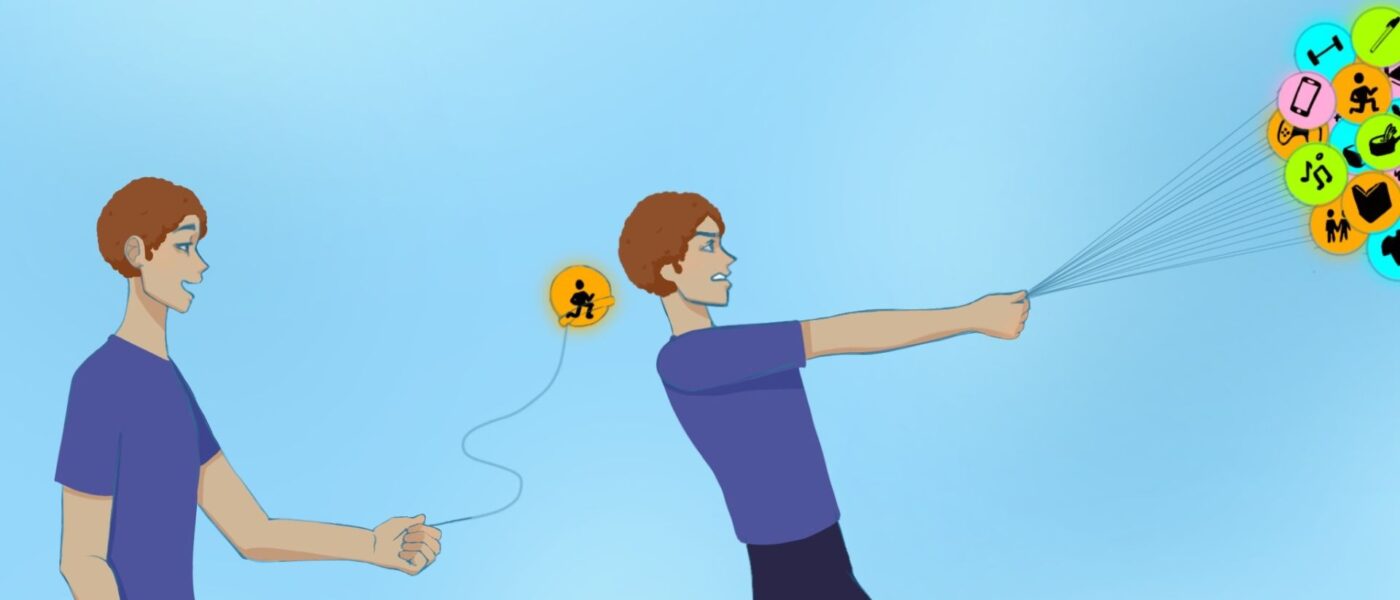Why Multitasking Is More Myth Than Masterclass
Ever find yourself switching between your phone, frying pan and coffee machine while preparing your breakfast?
This phenomenon is known as “multitasking.” The word celebrates our ability to simultaneously handle numerous tasks.
However, scientific findings challenge this perception, suggesting that true multitasking is a cognitive illusion; we are merely adept “task switchers,” rapidly navigating between demands like circus seals.
Understanding the pitfalls of multitasking and the advantages of monotasking is key to unlocking our potential for focused, productive and creative work.
Multitasking may seem like a superpower, but scientific research tells a different story.
A study published by Stanford University in 2009 exposes the fallacy of split focus.
Forty-one participants were divided into two groups: heavy media multitaskers, who frequently consume large volumes of media, and light media multitaskers, who consume smaller quantities of media.
Scientists assessed participants’ working memory—the ability to retain information to perform executive functions—and their potential to successfully switch tasks and filter irrelevant information.
Heavy media multitaskers performed worse on all assignments, suggesting that multitasking impairs cognitive control.
On the other hand, light media multitaskers exhibit a greater ability to concentrate on important information rather than irrelevant stimuli.
Indeed, multitasking drains precious mental resources away, leaving us frazzled and ineffective.
But our juggling acts have consequences.
Research published in the National Library of Medicine in 2014 on the effects of texting and driving—a form of multitasking—concluded that texting adversely affects drivers’ stimulus detection, reaction times and lane positioning.
When our decision-making faculties are blurred, attention flickers like a dying flame and impulsive choices take the wheel, resulting in missed details and unwanted outcomes.
Switching between tasks quickly may give the illusion of efficiency; however, doing so is more like juggling flaming torches—impressive but risky.
In today’s fast-paced world, we often desire to do many things at once.
However, by dedicating our full attention to individual tasks, we can pour our energy into doing assignments well and avoid feeling overwhelmed, yielding better results.
Although it’s wiser to focus on one task at a time, this doesn’t mean you must become a hermit; it simply means giving each task the full attention it deserves.
Consider tackling that lab report, research paper or household chore with laser focus.
Instead of tackling everything at once, take it one step at a time and invest your undivided attention in every task.
By monotasking, you can turn your work into a masterpiece of focused brilliance rather than a series of completed labors.
Your mind is a clear vessel for deep thinking. As we face the challenges of modern life, we must remember what genuine productivity is.
True mastery lies not in handling multiple tasks simultaneously but in focusing on one thing at a time.

